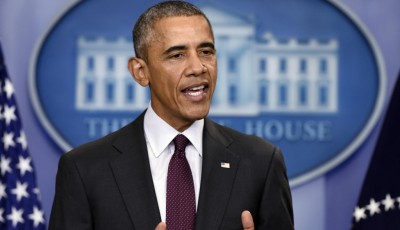Colorado theater shooter James Holmes sentenced to life in prison
In his closing argument to the jury, District Attorney George Brauchler had argued that the gunman deserved to die for the “horror and evil” he wrought inside the screening of “The Dark Knight Rises” at the Century 16 multiplex in Aurora. NBC 7’s Dave Summers speaks with some of Holmes’ former neighbors in San Diego to get their take on the jury’s decision.
A member of the jury tasked with deciding whether Aurora movie theater shooter James Holmes should be sentenced to death said it was “definitely painful” to watch the victims’ families as the jury announced that Holmes would instead spend his life in prison. His mental illness didn’t prevent him from acting “rationally” elsewhere in his life, and the defendant must be held accountable for the mass murder, prosecutors said.
However, for each of the counts read out by Judge Carlos Samour Jr, the jury of nine women and three men said: “We do not have a unanimous final sentencing verdict on this count and understand the court will impose a sentence of life imprisonment without the possibility of parole”.
The verdict came as a surprise. At issue was not whether Holmes perpetrated the shooting rampage on 20 July 2012 but rather whether his schizophrenia had rendered him legally insane at the time of the killings, as his defense team unsuccessfully insisted. One juror, who did not want to be named, said there was a single juror who had refused to give Holmes the death penalty and two others who were wavering, it has been reported.
The juror said that while they tried to reach a unanimous decision, the jury ended deliberations Friday after it became apparent one juror would not budge from her opposition to a death sentence.
Sandy Phillips, whose daughter Jessica Ghawi was murdered by Holmes, commiserated outside the courtroom after the verdict with a wheelchair-bound survivor, Caleb Medley.
Some families in the gallery cried quietly or slumped in their chairs; one man stormed out of the courtroom.
As in previous proceedings, Holmes, who is on anti-psychotic medication that dulls his responses, showed no reaction. “All the jurors feel so much empathy for the victims”.
“One strong holdout? That’s not a resounding rejection of the death penalty“, Brauchler told reporters. It’s a tragedy. It’s a devastating result no matter what. “We just have to deal with it and accept it”, said Robert Sullivan, whose 6-year-old granddaughter Veronia was Holmes’ youngest victim.
Earlier this week, families of victims were given the opportunity to testify before the court on the impact that the loss of their loved ones had on their lives.
Prosecutors countered that Holmes knew what he was doing and had written about his murderous plans in a diary.
The panel then had to decide if Holmes would be executed, or serve life with no chance of parole.
If people were injured or maimed in the shooting, they amounted to “collateral damage”, Holmes told a court-appointed psychiatrist after the shootings. Holmes’ subsequent videotaped psychiatric exams were played at trial and the notebook entered into evidence.
Brauchler said he did not believe Friday’s verdict was a repudiation of capital punishment.












